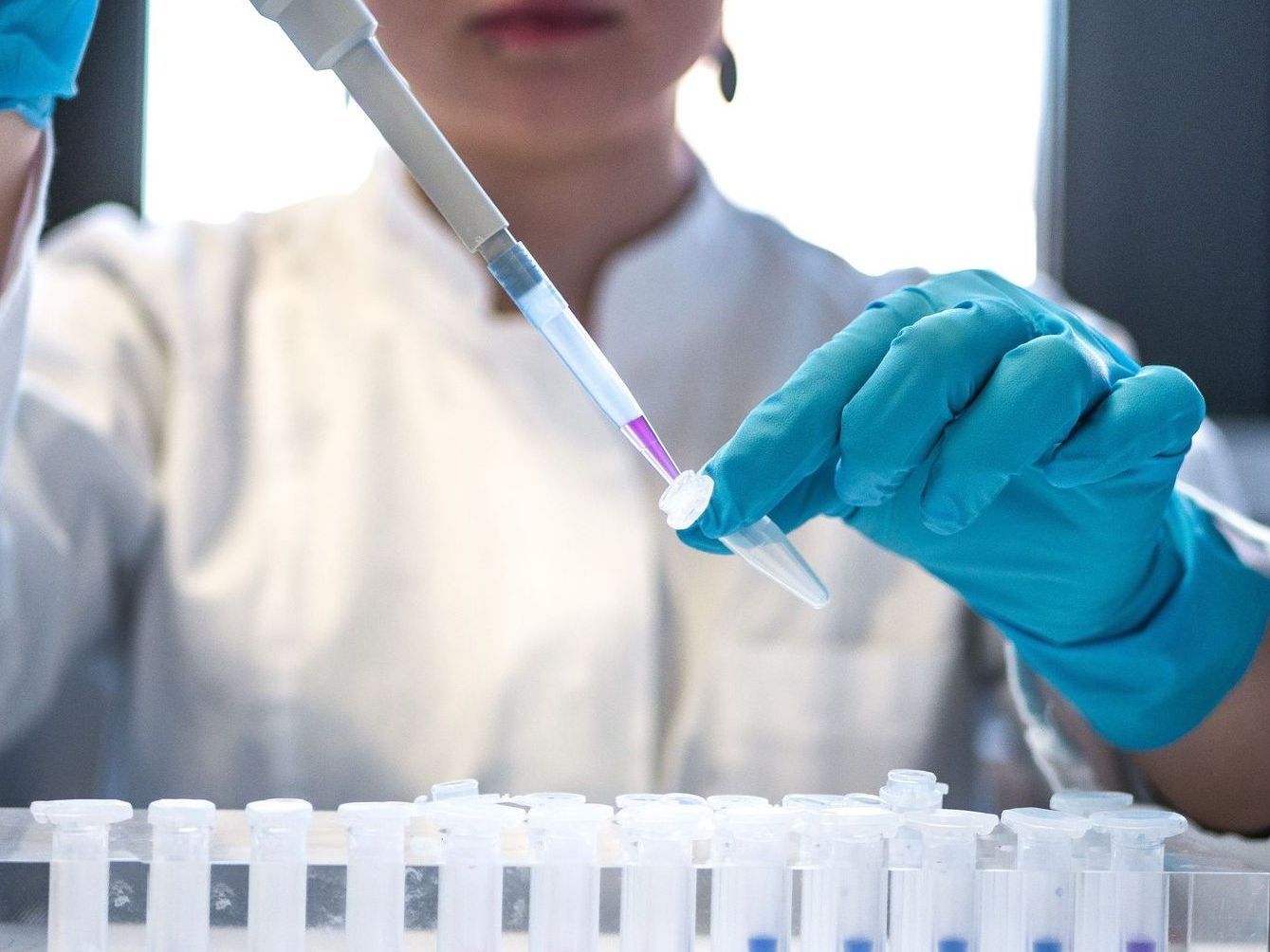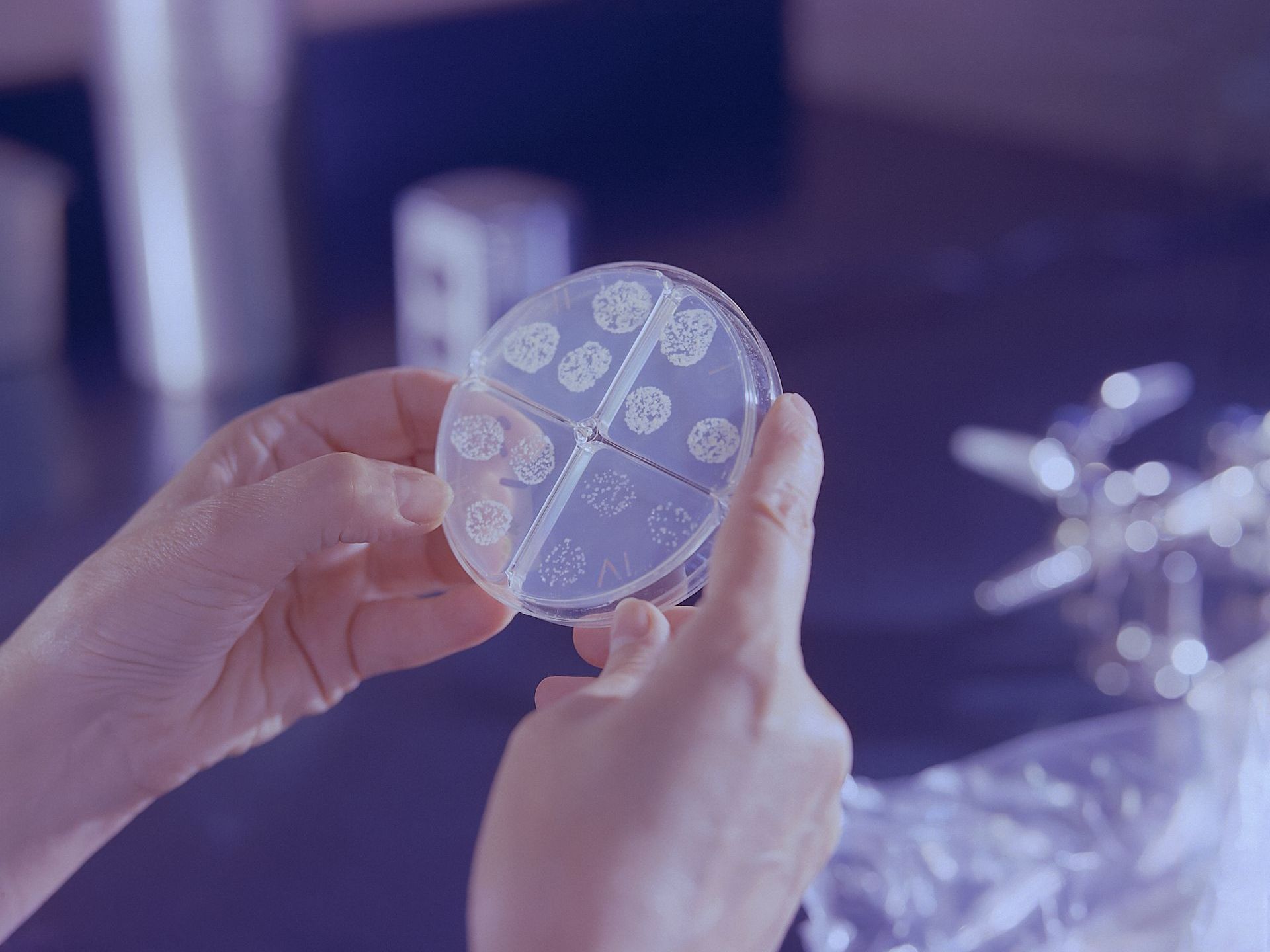Premade Phage Display Libraries
At Cell Origins, we understand that peptide and antibody discovery can be a challenge. To help overcome these challenges, we are dedicated to providing high-quality phage display libraries that are rigorously controlled to obtain the lowest rate of stop codons and other unintended sequences.
The Power of Phage Display
Phage display technology continues to play an important role in the selection and identification of peptides, monoclonal antibodies, and antibody fragments that exhibit binding affinity to specific target antigens. The technology is widely employed in the pharmaceutical industry, in which it facilitates the development of novel drugs, including peptide ligands and antibodies that target disease biomarkers. Furthermore, it is instrumental in immunology research, enabling comprehensive studies of antibody-antigen interactions. Phage display technology involves the creation of filamentous fusion phages that display random foreign peptides or antibodies on a viral coat protein. The phages are assembled into a library of peptides or antibodies, known as a phage display library.
Premade Phage Display Libraries
Bacteriophage Peptide Libraries
INFO
The fUSE5 and f88-4 phage display libraries distributed by Cell origins are the original libraries created by Dr. George Smith. The diversity of these libraries have not been verified by next-generation sequencing. The diversity of each library is references from the original research articles.
The
f3TR1 phage display libraries are built from the original f3TR1 vector created by Dr. George Smith. These libraries are constructed by Cell Origins and are rigorously controlled to obtain the lowest rate of stop codons and other unintended sequences. These libraries exhibit a guaranteed sequence diversity >10^10 and are accompanied by a certificate of analysis.
Linear & Cyclic Peptides
Peptides are a powerful and versatile tool offering a wide range of therapeutic and diagnostic applications. In fact, numerous peptides have successfully been used as targeting agents of various biomarkers to treat and image disease. Cyclic peptides are increasingly being used as therapeutic agents. The cyclic structure reduces peptide degradation and often results in improved binding affinity due to increased structural rigidity. Cyclic peptide libraries are thus an invaluable resource in drug discovery research.
INFO
The fUSE5 and f88-4 phage display libraries distributed by Cell origins are the original libraries created by Dr. George Smith. The diversity of these libraries have not been verified by next-generation sequencing. The diversity of each library is references from the original research articles.
The
f3TR1 phage display libraries are built from the original f3TR1 vector created by Dr. George Smith. These libraries are constructed by Cell Origins and are rigorously controlled to obtain the lowest rate of stop codons and other unintended sequences. These libraries exhibit a guaranteed sequence diversity >10^10 and are accompanied by a certificate of analysis.
Full-Length Antibodies & Antibody Fragments
Hybridoma technology has traditionally been used to develop monoclonal antibodies. However, phage display technology has in recent years accelerated drug discovery by assembling large Ig gene repertoires into full-length antibody libraries.
The development of antibody fragments (variable domain; Fv, single-chain variable domain; scFv, diabodies; bivalent scFvs, fragment antigen binding; Fab, and heavy-domain camelid, alpaca, llama, or shark antibody VHH fragments; nanobodies) have further advanced phage display as these are more amenable to expression compared to full-length antibodies.
Phage display libraries can be constructed from naïve or immunized donors, or designed synthetically by randomization of the complementarity-determining regions (CDR). Naïve antibody libraries typically exhibit high diversity, while libraries based on immunized donors can lead to accelerated discovery of high-affinity antibodies.
We currently do not offer premade antibody phage display libraries. However, at Cell Origins, we work with you to build a customized peptide or antibody phage display library that meets your specific goals.










